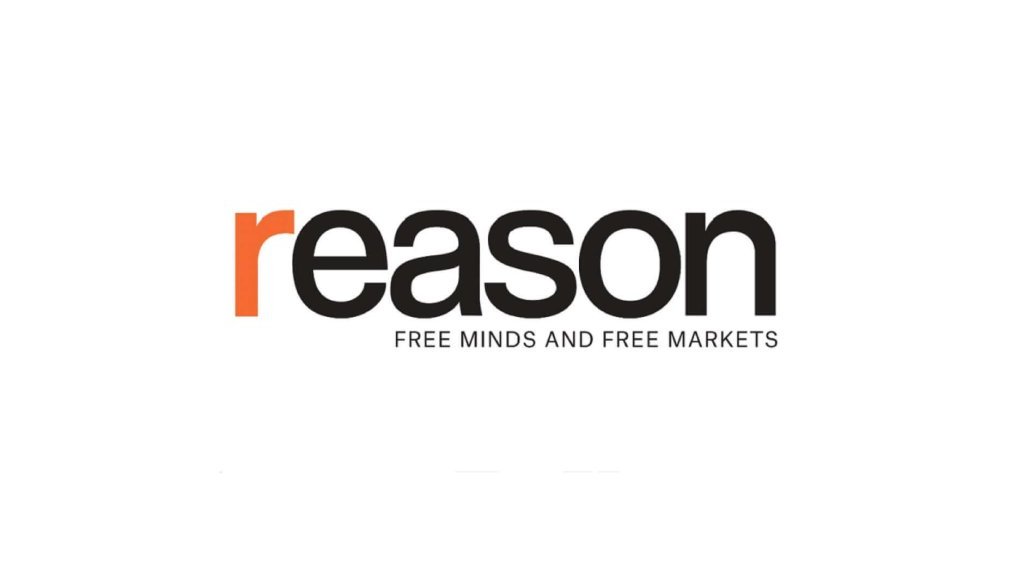Hate Speech and the European Court of Human Rights: An Overview of My New Book
The European Court of Human Rights (ECtHR) has traditionally maintained that freedom of expression safeguards speech that may “offend, shock or disturb.” However, its stance on hate speech is not in line with this core principle. My book, “Hate Speech and the European Court of Human Rights” (Routledge, 2025), argues that the ECtHR’s current trajectory, anchored in what I term the “low-threshold hatred paradigm” jeopardizes free speech by permitting restrictions on expression that is merely insulting or prejudicial, without any requirement of incitement to violence or hostility. Drawing on doctrinal analysis and normative critique, the book contends that the ECtHR’s hate speech jurisprudence suffers from conceptual ambiguity, internal inconsistencies, and a lack of empirical grounding. The book examines hate speech jurisprudence of the now defunct European Commission on Human Rights and the ECtHR to allow for an inclusive analysis from the very onset of relevant cases. This guest blog will feature a series of five posts that highlight some of the book’s key findings. The first post provides a general overview of some of the key issues developed in the book, followed by thematic explorations in the subsequent entries.
Definitions and justifications
The book starts off with the conceptual foundation for the book’s critique. The initial chapter evaluates the disjointed and variable understanding of hate speech among international, regional, and national entities, such as the Council of Europe, the United Nations, the European Union, and prominent social media platforms. I contend that this ambiguity influences the ECtHR’s jurisprudence, which is characterized by an unclear threshold and depends on normative rather than empirical evaluations of harm.
After grappling with definitional issues, the book considers the possible effects of hate speech, drawing from psychological, sociological, and legal scholarship. The chapter critically examines whether criminalization is an effective or justified response, warning of unintended consequences like the creation of martyrs, pushing hate underground, or chilling legitimate dissent. It emphasizes the ECtHR’s tendency to adopt a militant democracy without substantively engaging with academic evidence on speech harms or the effectiveness of restrictions. This undermines both the freedom of expression and the democratic values the ECtHR aims to protect. To this end, I argue that:
Rather than adopting a “plaster approach” that seeks to regulate speech indiscriminately, the focus should be on addressing the structural inequalities that underlie and perpetuate the marginalisation of vulnerable groups. These deeper systemic issues are the root cause of hate speech’s most damaging effects and require long-term, transformative solutions that empower marginalised voices to participate fully and equitably in public discourse.
From Handyside to Féret: The decline of free speech protection
The book proc
Article from Reason.com

The Reason Magazine website is a go-to destination for libertarians seeking cogent analysis, investigative reporting, and thought-provoking commentary. Championing the principles of individual freedom, limited government, and free markets, the site offers a diverse range of articles, videos, and podcasts that challenge conventional wisdom and advocate for libertarian solutions. Whether you’re interested in politics, culture, or technology, Reason provides a unique lens that prioritizes liberty and rational discourse. It’s an essential resource for those who value critical thinking and nuanced debate in the pursuit of a freer society.




